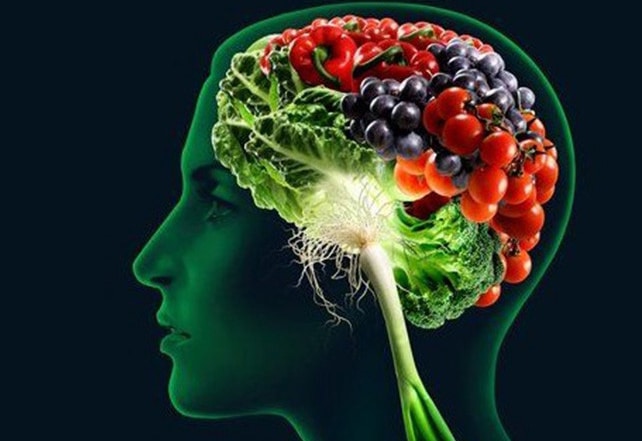Simoné van Niekerk, consumer scientist, CFAM Technologies
Malnutrition and reduced brain function
Malnutrition is a regular occurrence in children and adults in developing countries. It entails so much more than ‘hunger’. The long-term impact is a suppressed immune system, delayed growth and development. To develop a healthy brain, enough of the right food types are needed. The reality is that malnutrition over a long period of time can result in a lowered cognitive level of an entire community.
Often developing countries’ staple foods consist of crops that are high in carbohydrates. It fills the tummy, but doesn’t contain enough nutrients, especially proteins, healthy fats and amino acids. The result is lower cognition and educational achievements because of poor brain development, as well as the possibility of the diagnosis of a series of diet-related chronic illnesses. An unhealthy lifestyle is therefore established, in which generation after generation can get caught up and ultimately result in the creation of an unproductive, intellectual-poor nation.
However, it is a fact that most of these countries are caught up in poverty and cannot afford to produce or import healthy, nutritional foods for everyone. A carb-dense diet is often the only thing that these countries have to their disposal.
The myth of fortification of products
Most countries’ legislation require that all maize meal and other raw starchy flour are enhanced with added nutrients and vitamins before being sold. The problem is that these added vitamins are broken down and destroyed by the high temperatures when the products are cooked. The legislation box is ticket, but it has a very small impact on the real nutritional consumption.
What is the solution?
A potential solution is to make use of extrusion technology.
The body can absorb nutrients coming from cooked food more easily in comparison with raw foods. However, raw foods contain more nutrients. So traditionally you have a catch-22. You can choose between consuming raw foods containing more nutrients, but reduced absorption, or cooked foods without vitamins.
The technology of research-based extrusion speaks to this problem. Extrusion is the process where raw material (such as maize meal) is cooked in an extruder at a high pressure and temperature, resulting in a cooked, dry product within seconds. Due to the quick cooking process, the digestibility, nutrient consumption and taste of the product is enhanced. However, the greatest advantage of the extrusion process is that vitamins and minerals can be added to the dry product AFTER the cooking process. The only preparation needed for the consumer is to add milk or water to this powdered, dry product.
There is a huge need for carbohydrate-rich foods that can be enhanced with proteins, vitamins and other nutrients in an effective way. Thousands of tons of maize meal are already being processed by extruders in South Africa, but it is still a drop in the ocean.
By enabling other African countries to take ownership of food processing natural resources can be better utilised, food security can improve, and it can have a long-term effect on job creation and economic growth.
The development of foods from locally produced agricultural products can also assist in regional economic development of communities. It also creates a market for farmers’ agricultural products. Food security and economic growth is therefore attended to on regional level. Over time this can assist to make communities self-sustainable.
Technology
It is important to understand the difference between single-screw and twin-screw extruders. The greatest difference comes down to the sensory quality of the final product. Its often necessary for carbohydrates, proteins, fats and fibres to be extruded in order to get the required, nutritional product.
Twin-screw extruders enable better process control, which is especially needed with the complex formulation of certain foods. Single-screw technology just doesn’t offer the same control and is more applicable to animal feed production.
Extrusion is the solution for developing countries to produce affordable, nutritional foods. Most Africa countries have enough food to their disposal – but the secret sits in the way that it is processed. There is little reason for these countries to import foods. Extrusion offers Africa the opportunity to be self-sustainable. With one extrusion plant, thousands of people can be fed.
The South African Pork Producers’ Organisation (SAPPO) coordinates industry interventions and collaboratively manages risks in the value chain to enable the sustainability and profitability of pork producers in South Africa.







